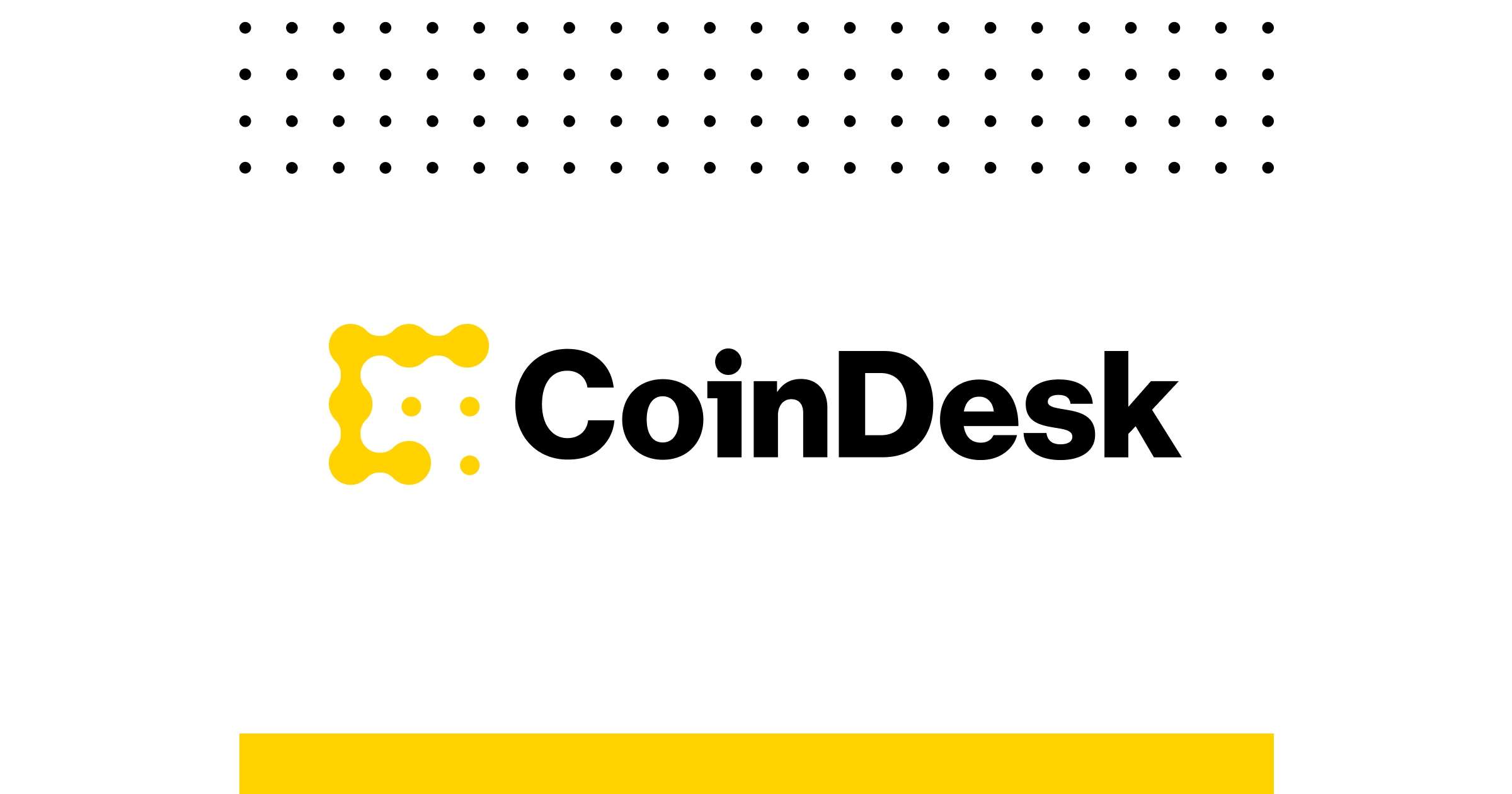The mystery of $MELANIA
-
This post did not contain any content.
-
This post did not contain any content.
We identified 24 wallets that bought $MELANIA in the minutes before the existence of the coin and its backing from the first lady was publicised (via Melania’s Truth Social account, naturally). These people — who knew where to get the coins and were apparently confident it was not one of the hundreds of unofficial Trump family coins — bought $2.6mn of the tokens and flipped them within days for about $100mn. As many FT readers clocked, this is not exactly how a normal float should work. Memecoins are an arena with all the accoutrements and vocabulary of finance but lacking even the level of regulation that governs the sale of Beanie Babies.
-
We identified 24 wallets that bought $MELANIA in the minutes before the existence of the coin and its backing from the first lady was publicised (via Melania’s Truth Social account, naturally). These people — who knew where to get the coins and were apparently confident it was not one of the hundreds of unofficial Trump family coins — bought $2.6mn of the tokens and flipped them within days for about $100mn. As many FT readers clocked, this is not exactly how a normal float should work. Memecoins are an arena with all the accoutrements and vocabulary of finance but lacking even the level of regulation that governs the sale of Beanie Babies.
It’s okay, we’ll just get rid of the regulations on everything else so this one fits the norm.
-
It’s okay, we’ll just get rid of the regulations on everything else so this one fits the norm.
Basically yes.

Market Structure Rules for Crypto Could End Up Governing Core of U.S. Finance: Le
TuongVy Le, a compliance expert and ex-SEC lawyer, said the rest of the financial industry is likely to migrate into the world overseen by pending regulations.
CoinDesk (www.coindesk.com)
-
This post did not contain any content.
$mell ya later!








